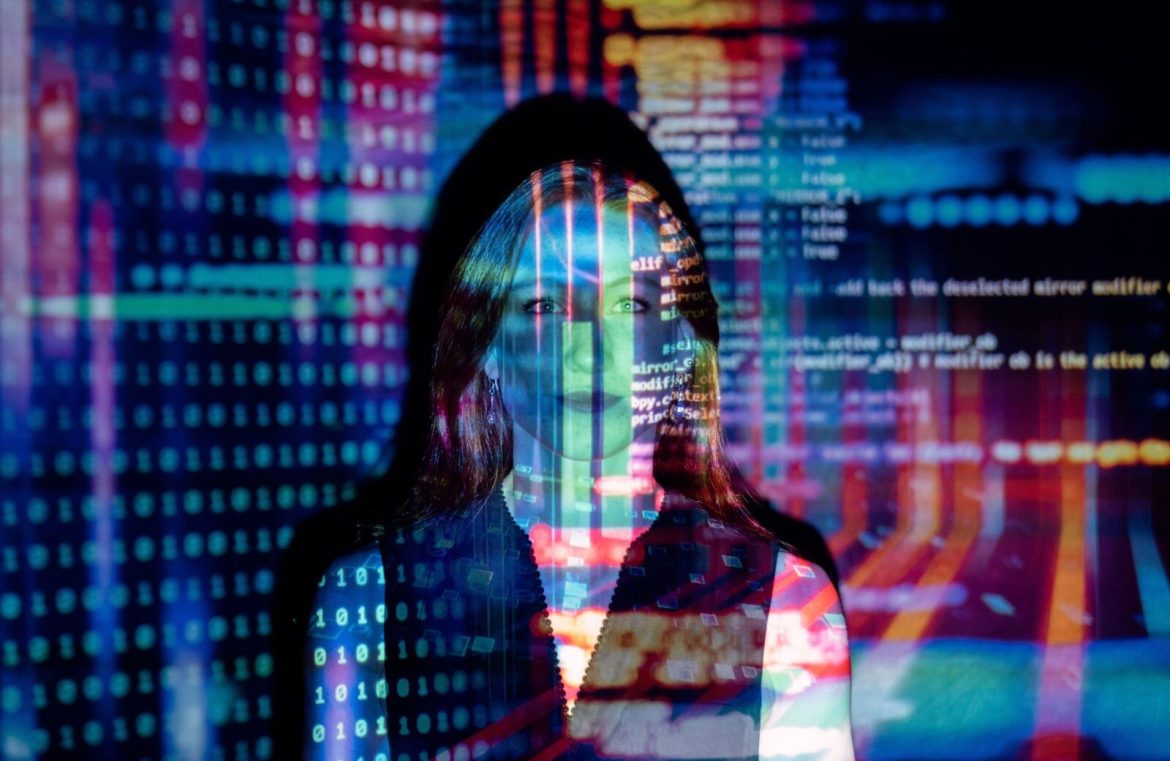In a recent legal clash that’s sent ripples through the world of artificial intelligence, a class action complaint has emerged from the Northern District of California against renowned AI firm OpenAI. The claim, filed on the 28th of June, targets OpenAI—the creators of the sophisticated language model ChatGPT, alleging that the company has conducted copyright infringement by incorporating copyrighted material into its AI’s training regimen without obtaining permission.
Advancements in AI have reached a point where merely inputting a fragment of text can prompt these systems to produce responses that are astonishingly indistinguishable from human-written prose. ChatGPT stands out as a pinnacle of such linguistic mimicking capabilities, captivating big names like Microsoft and Adobe who aim to enhance their offerings through its usage.
The contention arises from ChatGPT’s method of self-improvement, which involves crawling the web, absorbing human-authored content, and distilling underlying patterns to conjure new, seemingly original compositions.
The lawsuit filed in California levels multiple accusations against OpenAI, including transgression of the Communications Privacy Act, Computer Fraud and Abuse Act, California Invasion of Privacy Act, California Unfair Competition Law under the Business and Professions Code, Illinois’s Biometric Information Privacy Act, Illinois’s Consumer Fraud and Deceptive Business Practices Act, along with allegations of negligence, privacy invasion, intrusion upon seclusion, theft/receipt of stolen property, conversion, unjust enrichment, failure to issue a warning, and a breach of New York General Business Law.
The crux of the matter centers on the legitimacy of OpenAI’s profiting off the intellectual labor of others, a question that gained prominence as OpenAI shifted from non-profit to commercial enterprise.
Google, too, has faced similar scrutiny for its reliance on the republishing of copyrighted content within its search engine’s operation. A part of Google’s defence rests on the assertion that websites can utilize a robots.txt file to opt out of indexing. In contrast, no equivalent protocol currently safeguards against the data harvesting practices of AI trainers.
The intersection of copyright law and machine learning remains ambiguous, with the rapid evolution of technology continually outpacing governing statutes. There’s a growing debate over the potential infringement of copyright when AIs are trained with content gleaned from the web, yet finding a practical solution for compensating the original authors seems to be a daunting challenge.
The intricacies of the law become even more tangled when AIs like ChatGPT are employed to generate content for commercial use. This opens up queries regarding whether OpenAI alone is at fault for copyright breaches or if the culpability extends to the users of its technology.
Those underestimating the court’s willingness to impose regulations on tech giants should recall the historic privacy disputes and consequential legislative enactments that stand as a testament to the contrary.
Regardless of what unfolds in the aftermath of this particular suit, what remains clear is that the gesture signifies a broader push towards framing legal constraints around this burgeoning field.

